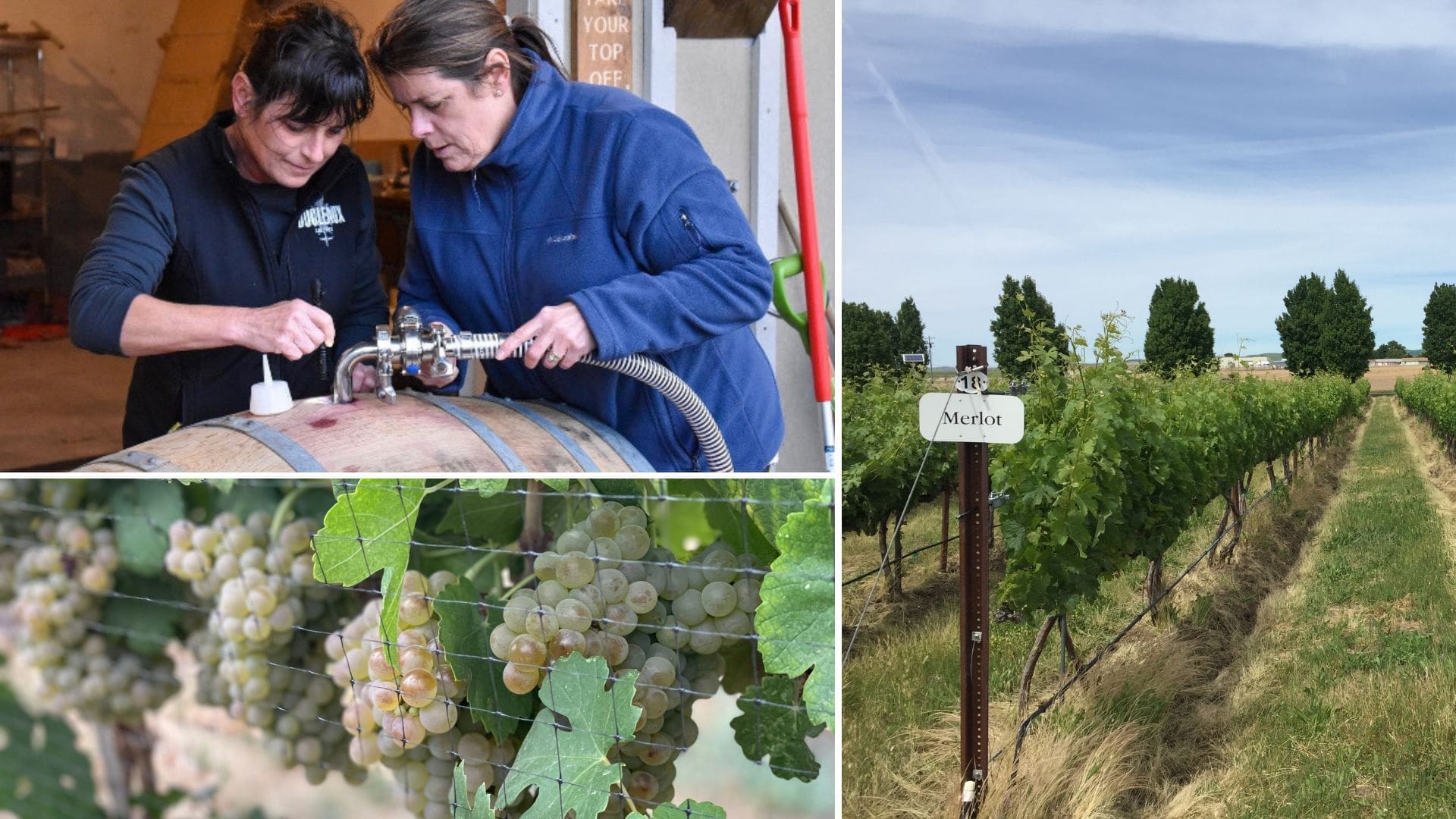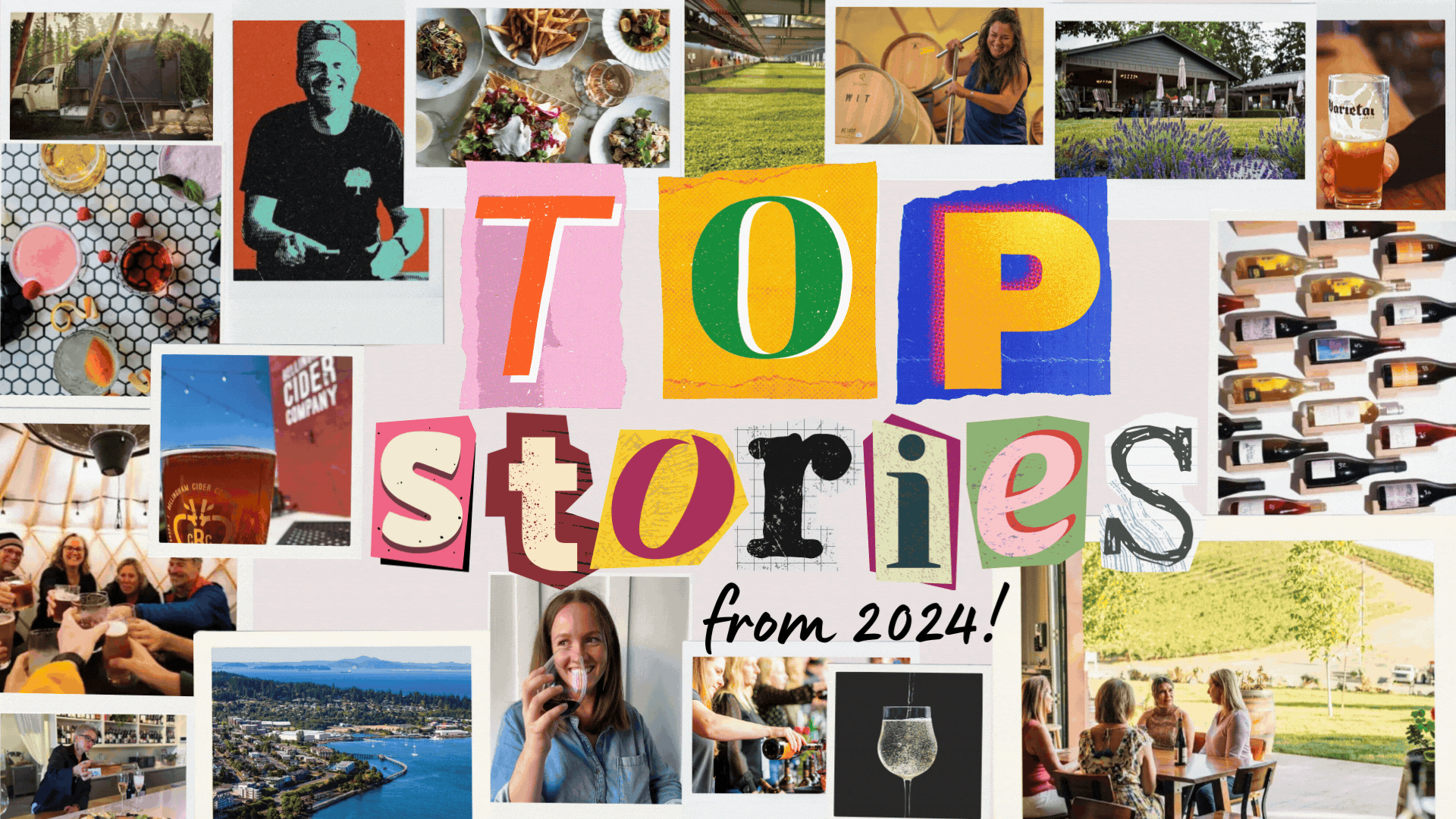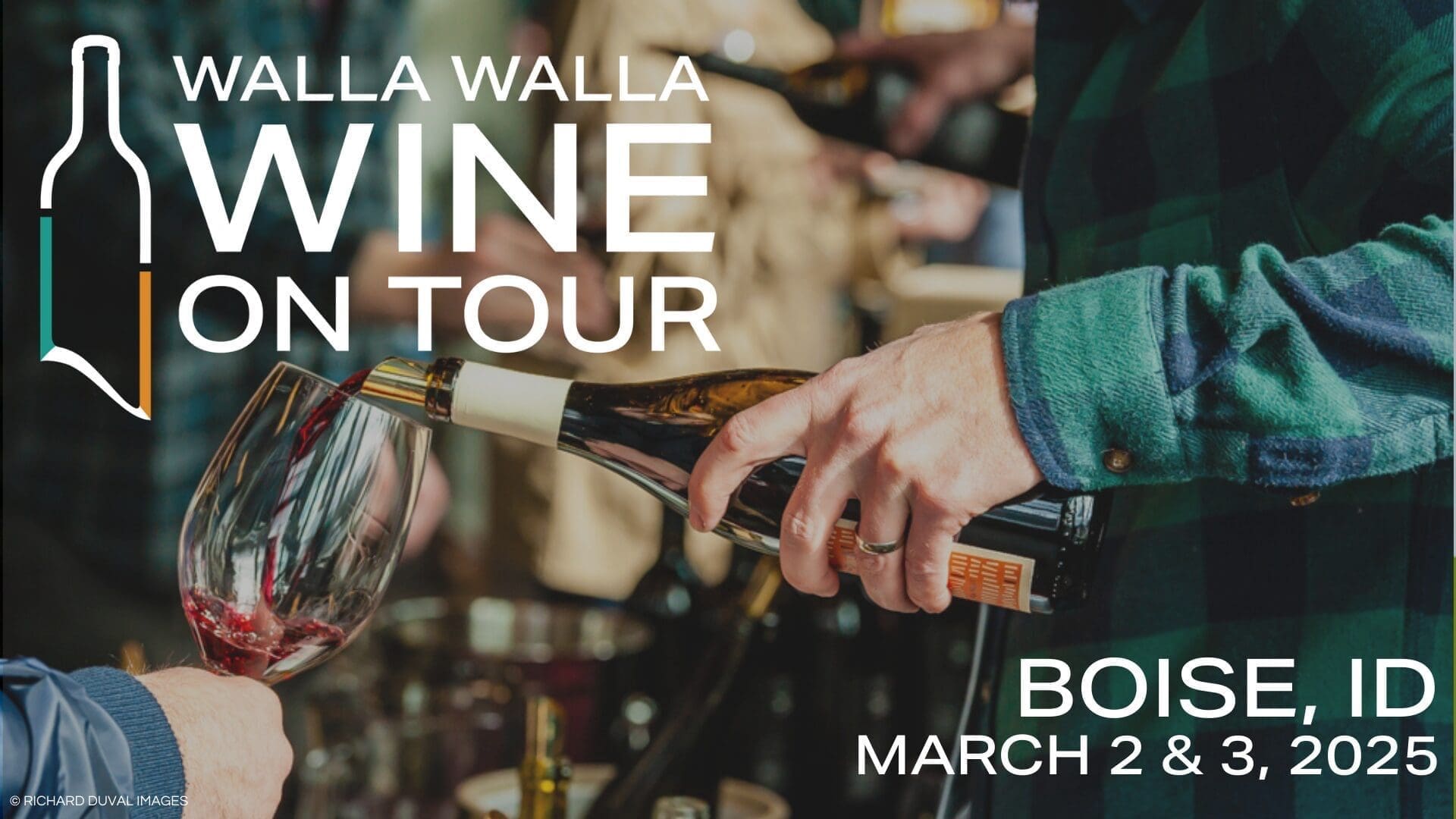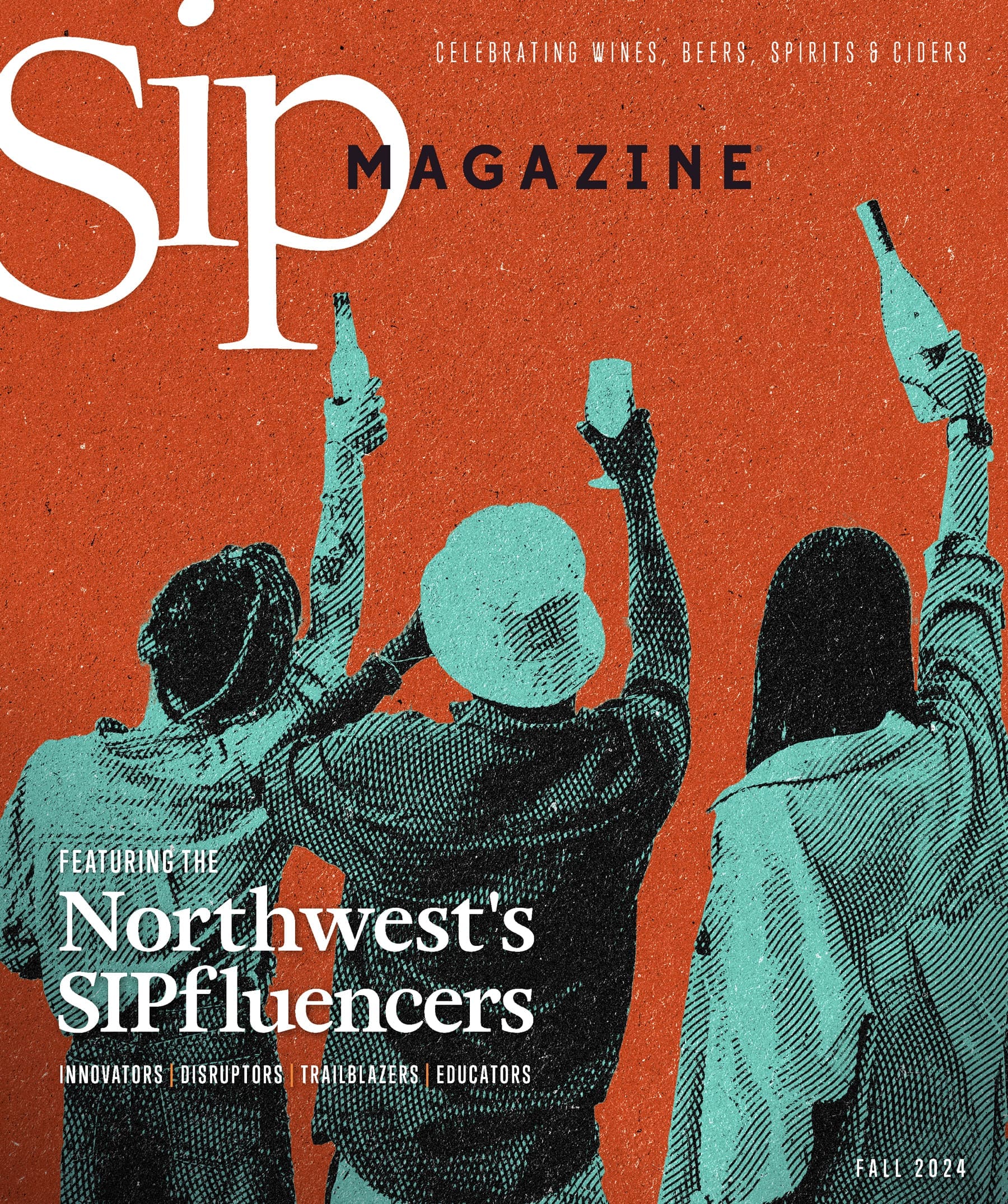The number of cideries producing delicious drinks continues to grow. And while each and every one focuses on making great, sippable cider, others are driven by a further mission. For WildCraft Cider Works, based in Eugene, Ore., it’s a devotion to land stewardship and community building. Using wild or biodynamically grown fruit, these naturally-fermented ciders are truly unique, and there’s a whole lot to them. To learn more, we sat down with founder and cidermaker Sean Kelly.
Can you share the story behind the name WildCraft Cider Works?
To “wildcraft” is to sustainably harvest from the wild. It is an existing term used to identify the act of harvesting and replenishing wild environments for culinary, medicinal or other uses for sustenance. What we do with our local environment is best described by the term, given that is the action we employ at the very root of our organization. The alternative meaning is to describe our process of fully wild fermentation of all ingredients procured through this tradition of harvest, and to craft is an ode to the craftsmen and women who believe in this process.
How and why did you decide to get into cidermaking?
My career passion has been truly rooted in habitat restoration and working outdoors/backcountry from a young age (age 13), from which I learned a great deal about the interaction between humans and nature – the good and the bad. By the time I became an entrepreneur in the industry, my focus was and still is rooted in tree resources and the sustainable utilization of “wasted” tree products. This spawned a non-profit to generate local business interest in a truly low- to no-carbon impact ingredient source for businesses that are tied to raw materials coming off of our local landscape.
In 2006, at 23 years old, I learned of s an 80-acre orchard that was originally contract planted to serve Martinelli’s, primarily the Empire apple variety. The orchard had long been untouched due to a death in the family and, as per usual, there was little interest from the next generation to keep the farming roots. Two things happened for me at this moment. I was laying my eyes on the abundance of fruit that sat rotten from an orchard of this scale and, two, when I approached the developer about purchasing the entirety of the stumps to make end grain culinary block (I had an active salvage wood furniture business), he refused to talk to me. His words were, “you can’t do anything with this trash.” This boiled my blood and caused me to actively research the history of apple planting in the area.
Even though fermentation has been in my background since the early 2000s producing beers, wines and botanical ferments – both alcoholic and nonalcoholic – it took six years to finally commit to operating the cidery commercially. Much of that time was spent researching the area and the beginnings of forming positive community relationships with some of the properties that we harvest (currently just over 300) and to gain financial support to grow the organization to our current scale. Our ciders are fermented with a raw ingredient that is truly in sync with our passions and the movement we have long been developing in the Willamette Valley.
Where do you source much of the fruit and botanicals used in your ciders?
We are strictly within a 35-mile radius, all hand harvested or farmer overage supplied. We focus on wild harvest, organic or biodynamic with the occasional non-organic certified orchard with an abundant heritage variety that is going to waste. We source through our community who support this tradition.
There is a story I like to tell that speaks to one of the times where I was called out for such strict guidelines of what is an acceptable ingredient through our cidery and in our facility. I was working on my friend’s farm at the time, who is one of the founders of one of the largest distributors of organic produce in the country. We always talk about the world of agriculture and sustenance, sometimes to share alternate views, but we’re still very close friends. He called me one day and said “we have 2,000 pounds of organic pomegranates that were overage in our inventory and won’t be able to get them out in time. I’ll sell them to you for $.50 per pound.” I responded, “Well, pomegranates don’t grow in this valley,” and he replied, “You know Sean, white men made these borders and they never even told their wives.” That got me thinking about what procurement means and what WildCraft means. The bottom line is that if we are varied in our approach of how we go about sourcing, the integrity of the program that we have created locally is somewhat lessened.
Why do you choose to ferment each ingredient separately?
I’m not 100 percent sure why this seems to be known about our cidermaking process. Strangely, I was offered to be on a panel for co-fermentation during CiderCon this past year. It seems to me that this shows our process is still unknown as it is not derived from a book or human source. We harvest all ingredients, in-season without temp control, with the objective of allowing nature to run its course. We are the students of each season, and each season shows a direction of change, sometimes slowly, sometimes with more extremes. With that said, we have chosen to practice isolated fermentation of ingredients as a base of understanding our relationship with that ingredient, but this is not the case across the board.
This interview was edited and condensed for clarity.






